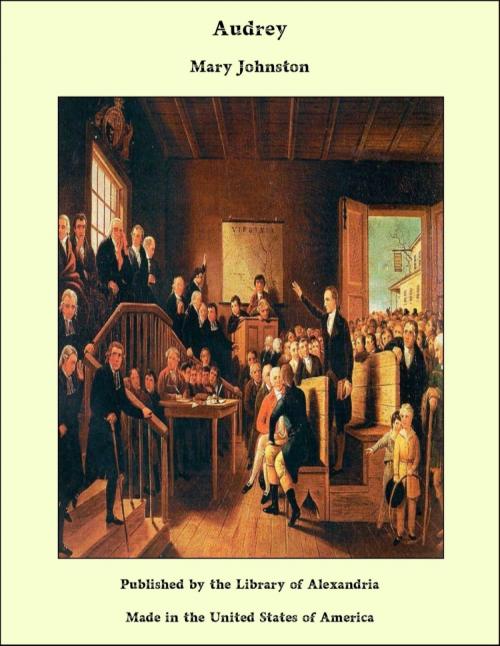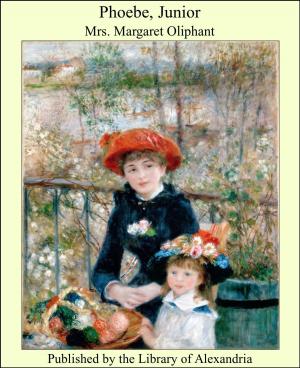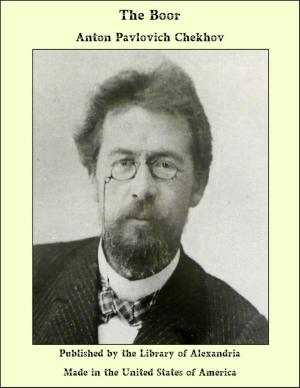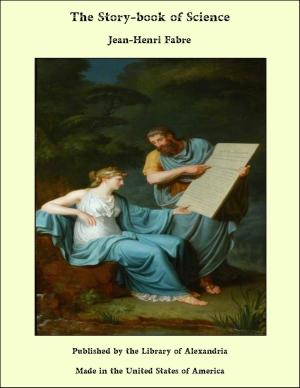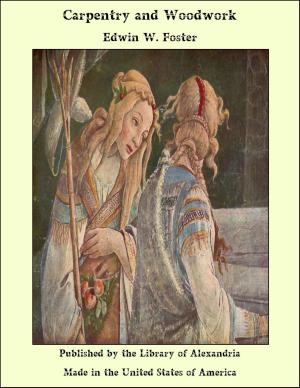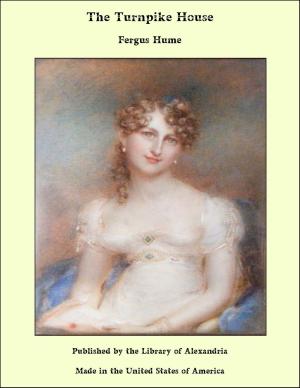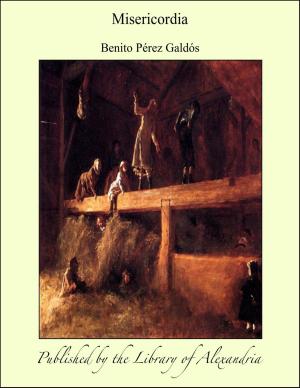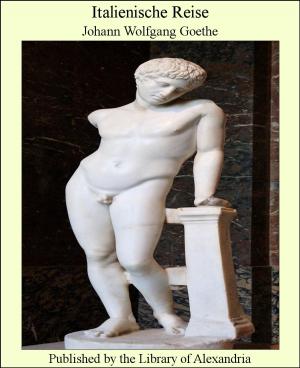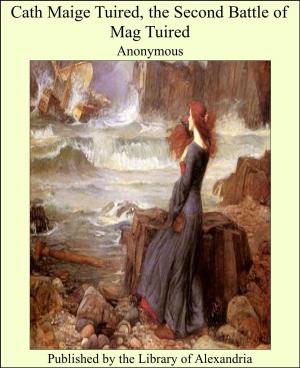| Author: | Mary Johnston | ISBN: | 9781465598004 |
| Publisher: | Library of Alexandria | Publication: | March 8, 2015 |
| Imprint: | Language: | English |
| Author: | Mary Johnston |
| ISBN: | 9781465598004 |
| Publisher: | Library of Alexandria |
| Publication: | March 8, 2015 |
| Imprint: | |
| Language: | English |
The valley lay like a ribbon thrown into the midst of the encompassing hills. The grass which grew there was soft and fine and abundant; the trees which sprang from its dark, rich mould were tall and great of girth. A bright stream flashed through it, and the sunshine fell warm upon the grass and changed the tassels of the maize into golden plumes. Above the valley, east and north and south, rose the hills, clad in living green, mantled with the purpling grape, wreathed morn and eve with trailing mist. To the westward were the mountains, and they dwelt apart in a blue haze. Only in the morning, if the mist were not there, the sunrise struck upon their long summits, and in the evening they stood out, high and black and fearful, against the splendid sky. The child who played beside the cabin door often watched them as the valley filled with shadows, and thought of them as a great wall between her and some land of the fairies which must needs lie beyond that barrier, beneath the splendor and the evening star. The Indians called them the Endless Mountains, and the child never doubted that they ran across the world and touched the floor of heaven. In the hands of the woman who was spinning the thread broke and the song died in the white throat of the girl who stood in the doorway. For a moment the two gazed with widening eyes into the green September world without the cabin; then the woman sprang to her feet, tore from the wall a horn, and, running to the door, wound it lustily. The echoes from the hills had not died when a man and a boy, the one bearing a musket, the other an axe, burst from the shadow of the forest, and at a run crossed the greensward and the field of maize between them and the women. The child let fall her pine cones and pebbles, and fled to her mother, to cling to her skirts, and look with brown, frightened eyes for the wonder that should follow the winding of the horn. Only twice could she remember that clear summons for her father: once when it was winter and snow was on the ground, and a great wolf, gaunt and bold, had fallen upon their sheep; and once when a drunken trader from Germanna, with a Pamunkey who had tasted of the trader's rum, had not waited for an invitation before entering the cabin. It was not winter now, and there was no sign of the red-faced trader or of the dreadful, capering Indian. There was only a sound in the air, a strange noise coming to them from the pass between the hills over which rose the sun.
The valley lay like a ribbon thrown into the midst of the encompassing hills. The grass which grew there was soft and fine and abundant; the trees which sprang from its dark, rich mould were tall and great of girth. A bright stream flashed through it, and the sunshine fell warm upon the grass and changed the tassels of the maize into golden plumes. Above the valley, east and north and south, rose the hills, clad in living green, mantled with the purpling grape, wreathed morn and eve with trailing mist. To the westward were the mountains, and they dwelt apart in a blue haze. Only in the morning, if the mist were not there, the sunrise struck upon their long summits, and in the evening they stood out, high and black and fearful, against the splendid sky. The child who played beside the cabin door often watched them as the valley filled with shadows, and thought of them as a great wall between her and some land of the fairies which must needs lie beyond that barrier, beneath the splendor and the evening star. The Indians called them the Endless Mountains, and the child never doubted that they ran across the world and touched the floor of heaven. In the hands of the woman who was spinning the thread broke and the song died in the white throat of the girl who stood in the doorway. For a moment the two gazed with widening eyes into the green September world without the cabin; then the woman sprang to her feet, tore from the wall a horn, and, running to the door, wound it lustily. The echoes from the hills had not died when a man and a boy, the one bearing a musket, the other an axe, burst from the shadow of the forest, and at a run crossed the greensward and the field of maize between them and the women. The child let fall her pine cones and pebbles, and fled to her mother, to cling to her skirts, and look with brown, frightened eyes for the wonder that should follow the winding of the horn. Only twice could she remember that clear summons for her father: once when it was winter and snow was on the ground, and a great wolf, gaunt and bold, had fallen upon their sheep; and once when a drunken trader from Germanna, with a Pamunkey who had tasted of the trader's rum, had not waited for an invitation before entering the cabin. It was not winter now, and there was no sign of the red-faced trader or of the dreadful, capering Indian. There was only a sound in the air, a strange noise coming to them from the pass between the hills over which rose the sun.
